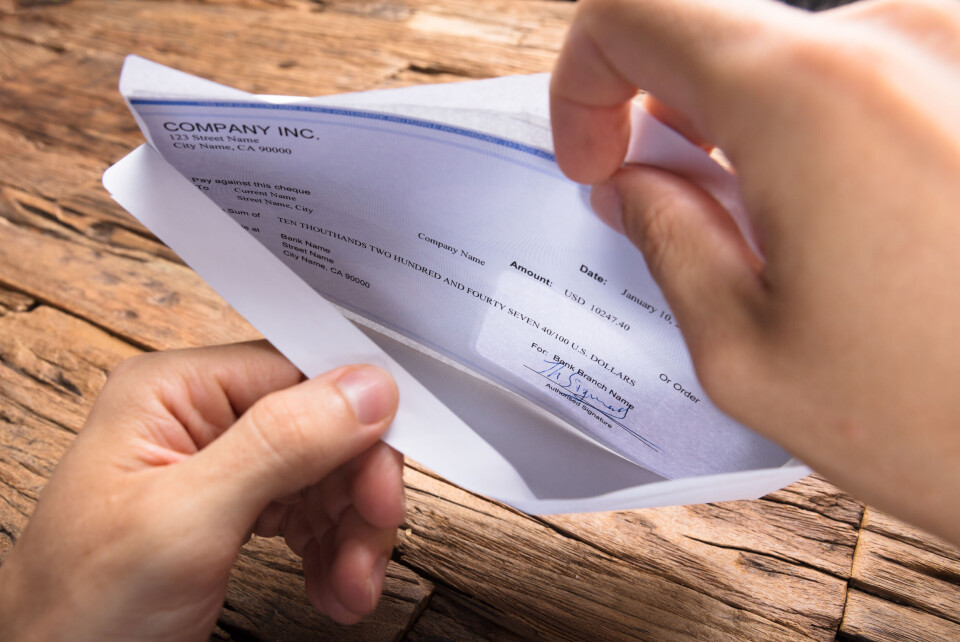-
Is health insurance required to return to visit England from France?
Certain health access remains free at the point of use for all
-
Do self-employed people in France put their personal assets at risk?
Rules for self-employed workers are different than for employees
-
Are there noise rules for motorcycles in France?
‘Sound radars’ may soon come into force following trial
Can I get France’s €100 ‘inflation bonus’ as a part-time worker?
The government started to distribute one-off payments of €100 in December to help cover the cost of soaring fuel and other everyday costs

Reader question: I am a part-time English teacher on a CDD contract. My hours have been reduced since the beginning of Covid and I worked less than 20 hours in October. Am I eligible for the government’s ‘inflation compensation’ bonus?
The French government has recently unlocked funds to help fight increases in energy prices (gas, fuel and electricity), allocating households a means-tested exceptional €100 sum called the indemnité inflation (inflation compensation).
Read more:€100 for people in France with income of less than €2,000 a month
The payment is being delivered to some 38 million people in France with work, pension or benefits income of less than €2,000 net a month, in staggered payments which will run up to February 28.
Other conditions to benefit include being aged over 16, living in France, and having earned less than €26,000 gross (before employee’s social charges) in income subject to social charges from January 1 to October 31, 2021.
Employees on short-term contracts as well as temporary workers, public sector workers, self-employed people, retirees and students looking for an entry level position are all listed as potential beneficiaries. Official information from the government also states that people can benefit even if they only work part-time.
You mention the month of October last year, and in fact earnings in this month are relevant.
People who had several different employers in that month, for example, obtain their money either from the employer they are still with, or the one for whom they worked the most hours in October 2021. These people have had to tell their other employers not to pay them the bonus.
Meanwhile, for people on contrats à durée déterminée (CDD, or fixed-term contracts), who work under several short-term contracts during a given month, the payment was not automatic if they had completed less than 20 hours of work in October 2021. They have to ask for it, again from the employer they are still with, or the one for whom they worked the most hours in October.
The latter also applies to freelance journalists who work à la pige (doing ‘piecework’), performers and temporary workers in the public sector.
This is not the first time the government has announced a bonus to help families with energy costs.
The government created a chèque énergie in 2018 to help 5.8 million French people fight against the prices of gas, fuel and electricity. It is delivered to eligible people between March and April. The government delivered an exceptional second chèque energie in December to the same people.
Related articles
Can I pay a UK cheque into my French bank account?
Nine million French households to receive tax credit money today
Household bills soar by €64 a month in a year, new French study shows
























